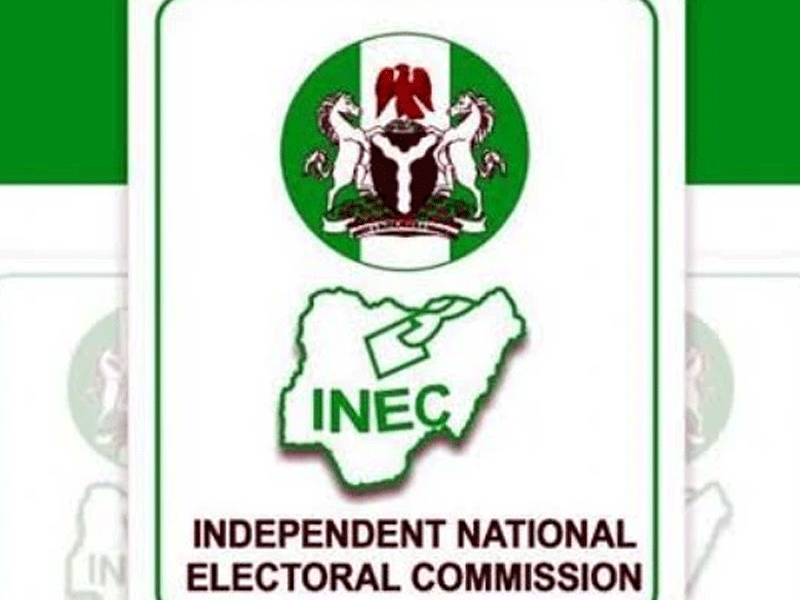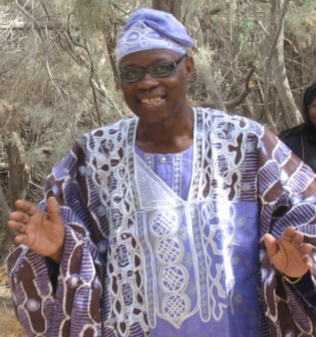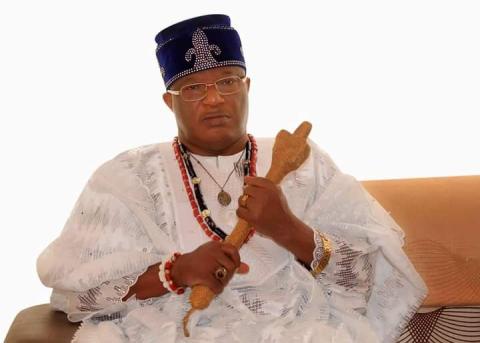
Breaking News: Unilorin Alumi Association: 'We were warned' - Opinion
Breaking News: Breaking: Court Restrains Oyo Assembly from Further Impeachment Process Against Makinde’s Deputy, Olaniyan
Breaking News: Labour leaders physically assault Ogun journalists for covering strike, harass hospital workers
Breaking News: Congratulations Asiwaju – Osinbajo’s spokesperson accepts defeat
Breaking News: Finalissima: Messi steals show, beats European Champion, Italy
The House of Representatives, Wednesday, rejected a bill seeking to make it compulsory for presidential and governorship candidates to secure more than 50 percent of the total votes cast, to be declared winners.
The bill seeking to change the current simple majority system of electing the president and governors, suffered a setback on the floor of the green chamber.
Sponsored by Awaji–Inombek Abiante, a lawmaker from Rivers, the bill sought to make it mandatory for a presidential candidate to be declared winner only if he or she scores more than half of the total votes cast, where there are more than two candidates in the contest.
Abiante’s bill proposed that in a presidential race with more than two candidates, a candidate must secure a majority of the total votes — which constitutes over 50 percent.
The bill had not even been debated when lawmakers roundly rejected it.
Tajudeen Abbas, speaker of the house, called for the bill to be seconded after its presentation by Abiante.
However, as soon as the bill was seconded and put to a voice vote, it was rejected — with louder “nays” than “ayes”.
The bill’s rejection process was highly unusual, as bills are typically rejected after the general principle has been debated.
If this system had been deployed during the 2023 election, President Bola Tinubu would not have been declared winner of the election in the first ballot, as he did not secure 50% of the total votes cast.
According to the constitution, to win the presidential election, a candidate needs to obtain 25 percent of the votes in at least two-thirds of the 36 states and the federal capital territory (FCT), along with an overall simple majority.
If a candidate fails to meet both requirements, a run-off occurs between the candidate with the highest vote count and the candidate with the most votes across most states.
Section 134 (1) of the constitution states that a “candidate for an election to the office of President shall be deemed to have been duly elected, where, there being only two candidates for the election:
“(a) he has the majority of votes cast at the election; and
“(b) he has not less than one-quarter of the votes cast at the election in each of at least two-thirds of all the States in the Federation and the Federal Capital Territory, Abuja.
“(2) A candidate for an election to the office of President shall be deemed to have been duly elected where, there being more than two candidates for the election:
“(a) he has the highest number of votes cast at the election; and
“(b) he has not less than one-quarter of the votes cast at the election each of at least two-thirds of all the States in the Federation and the Federal Capital Territory, Abuja.”
Section 134 also stipulates same for governorship candidates.
Newsletter








We are not gonna make spamming
Copyright By @ HorizonTimes - 2026
BACK TO TOP